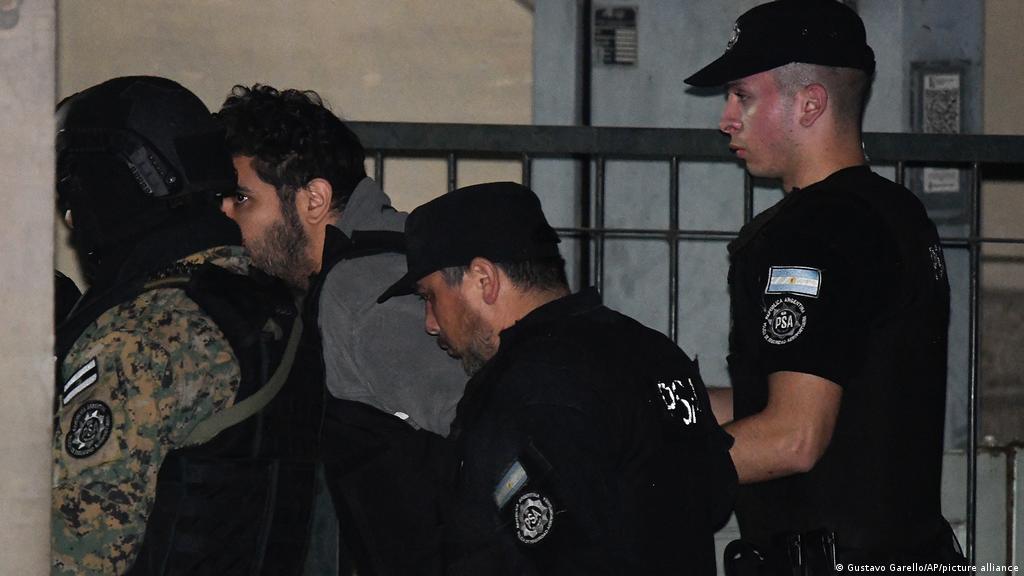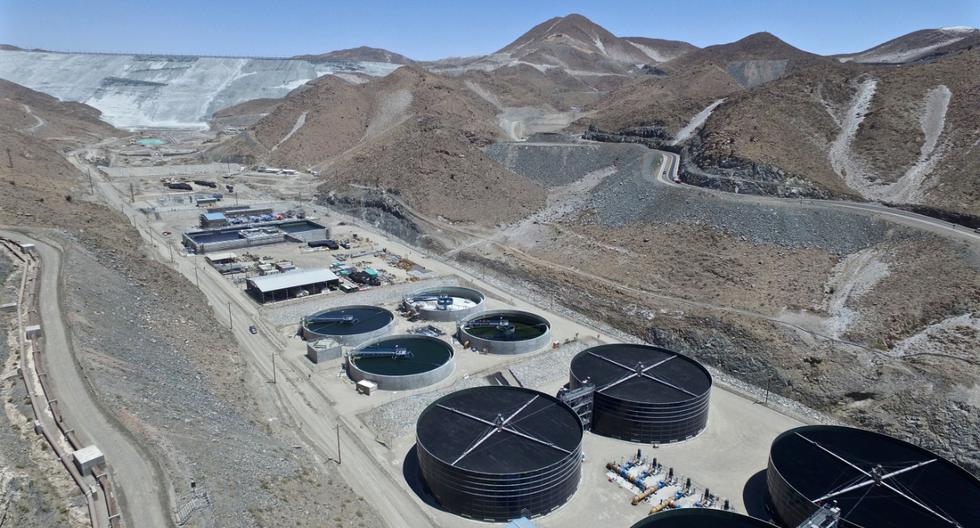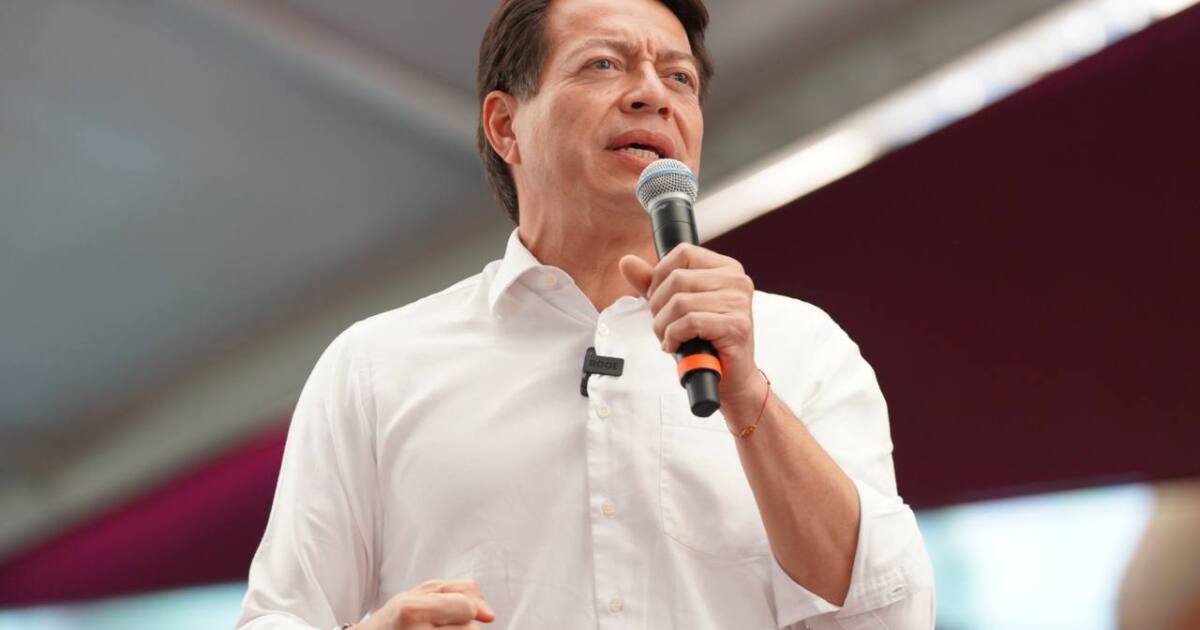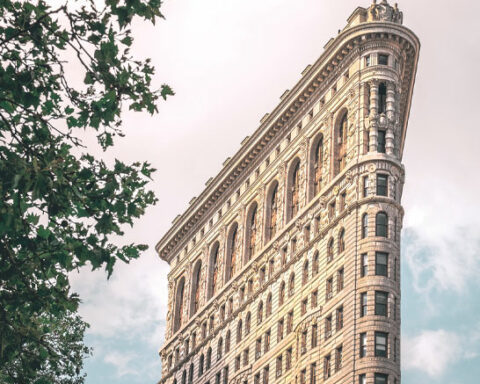Two days after the most polarized dispute in decades in Latin America’s largest economy, former president Lula maintains a 14-point lead over the president and could win in the first round, according to the latest survey by the Datafolha Institute.
Lula, a 76-year-old former metallurgical worker who co-founded the Workers’ Party and led the country between 2003 and 2010, has 48% of the voting intentions compared to 34% for Bolsonaro.
The former president seems on track to come to power for the third time, even in the first round if on Sunday he exceeds 50% of the valid votes (without blanks or null).
For this reason, he has come out in the final stretch to hunt for the useful vote of supporters of the center-left Ciro Gomes (6%) and the centrist Simone Tebet (5%), who want to avoid a second round on October 30.
In this campaign, Lula has won the support of celebrities such as musicians Caetano Veloso and Anitta, and has surrounded himself with unexpected figures, such as former Federal Supreme Court judge Joaquim Barbosa, who led the trial of the vote-buying scandal in the Congress that marked the first government of Lula.
Bolsonaro, on the other hand, obtained the explicit support of the star of the Brazilian soccer team, Neymar, on Thursday.
– Legacy dispute –
Former Army captain and 67-year-old deputy, Bolsonaro has focused his strategy on exalting weapons, moral values (“God, country, family”) and attacks on his adversary.
In a tense electoral debate, the far-right once again called Lula a “thief” on Thursday, referring to the conviction for corruption that, before being annulled by the supreme court due to procedural problems, kept him in prison for a year and a half and set him apart of the election in 2018.
Bolsonaro is backed by influential sectors such as the evangelical, business and agricultural sectors.
But he faces strong resistance among the female, young and poorest electorate, after a turbulent management of the pandemic that left 686,000 dead, an increase in poverty and hunger, record levels of deforestation in the Amazon, suspicions of irregularities haunting his family. and allies, and attacks on judicial institutions and the press.
Lula, who left the presidency with an approval rating above 80% but whose image was tarnished by the Lava Jato corruption scandal, assures that he will return to power to “fix the country” and cites the social achievements of his governments, without clarifying his future program.
“On October 2, the people are going to send you home,” the leftist launched against Bolsonaro in the debate, after referring to him as a president who “blatantly lies at all times.”
This fierce pulse reflects a highly polarized electorate.
“There has always been political polarization in Brazil,” but today we see “a purely ideological confrontation in which the adversary becomes an enemy,” with all the violence that this entails, explains political scientist André César, from the Hold consultancy.
– Bolsonaro against the polls –
Lula said Friday that Bolsonaro “can try to create any tumult during the transition” if he loses.
Bolsonaro once again discredited the polls this week and questioned the reliability of electronic ballot boxes without evidence, a discourse widely taken up by the currents of disinformation that circulated massively on social networks.
His attitude has raised fears that he will not concede defeat and that incidents similar to those in the United States in 2021, when supporters of former President Donald Trump invaded the Capitol, will occur.
Although he does not completely rule out disturbances, political scientist Jairo Nicolau, from the Getulio Vargas Foundation, believes that Bolsonaro does not have the “support of the military, public opinion or the political world” to entrench himself in power if he loses.
Others, on the other hand, see episodes of violence as “likely” if he does not accept defeat, such as Michael Shifter, a political analyst at the Inter-American Dialogue analysis center, who describes Bolsonaro as the “most undemocratic president since the military regime” (1964-1985 ).






